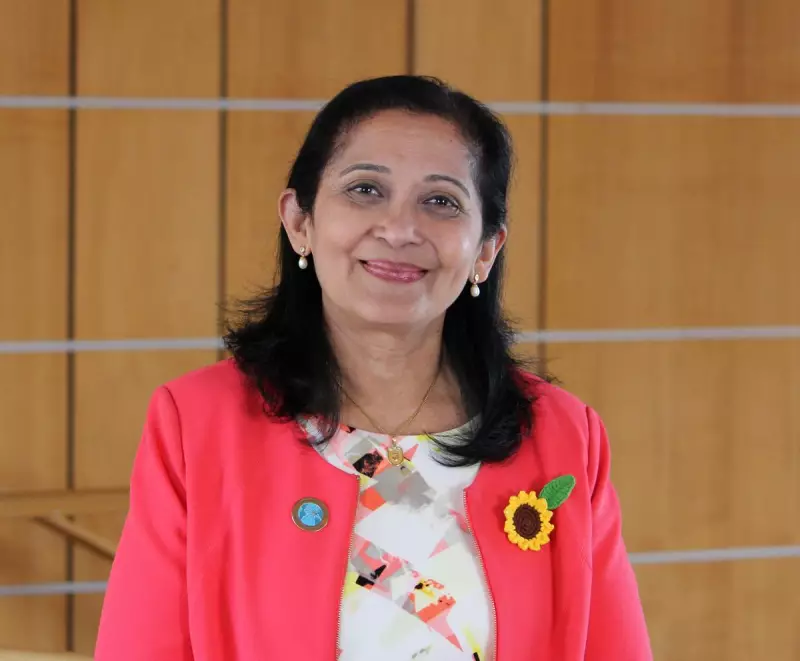
Alarming new research from Western Australia has exposed a hidden crisis affecting migrant and refugee survivors of domestic violence, who face severe financial abuse and systemic barriers to accessing support services.
Visa Status Creates Vulnerability
A comprehensive study from Curtin University reveals that temporary visa holders experiencing domestic violence are being deliberately trapped by perpetrators who exploit Australia's migration system. Abusers frequently use visa status as a weapon, threatening to have their partners deported if they report the abuse or seek help.
Lead researcher Dr. Lelia Green from Curtin's School of Media, Creative Arts and Social Inquiry explained the disturbing pattern. "Perpetrators are telling their victims, 'If you go to the police, you'll be deported and you'll never see your children again,'" she said. This manipulation creates what researchers describe as a "hostage-like situation" where victims feel completely trapped.
Systemic Barriers Compound the Problem
The research identified multiple systemic failures that prevent migrant and refugee survivors from accessing crucial support. Language barriers, cultural isolation, and lack of financial independence create perfect conditions for financial abuse to thrive.
Many survivors arrive in Australia with qualifications and experience that aren't recognized locally, making it difficult to find employment and achieve financial independence. This economic vulnerability is then exploited by abusers who control all access to money and resources.
Dr. Green emphasized the severity of the financial control: "We heard stories of women who had to account for every single dollar, even needing to provide receipts for grocery shopping. Some weren't allowed to have a mobile phone or any access to money at all."
Research Methodology and Key Findings
The Curtin University study involved in-depth interviews with 22 migrant and refugee women who had experienced domestic violence, along with focus groups involving 17 support service professionals. The research was conducted through the Centre for Culture and Technology and received funding from the Australian Research Council.
Key findings from the study include:
- Financial abuse is almost universally present in domestic violence cases involving migrant and refugee women
- Temporary visa status is weaponized by perpetrators to maintain control
- Limited understanding of Australian financial systems increases vulnerability
- Support services are often difficult to access due to language and cultural barriers
- Many women experience complete financial isolation with no access to bank accounts or money
Urgent Need for Systemic Solutions
The research team is calling for immediate action to address these systemic failures. They recommend specialized training for financial institutions and support services to better recognize and respond to financial abuse in migrant and refugee communities.
Dr. Green stressed that financial independence is crucial for enabling victims to leave abusive relationships. "Without access to money and the means to support themselves and their children, women feel they have no choice but to stay in dangerous situations," she explained.
The study also highlights the need for migration policy reforms that provide clearer pathways to permanent residency for victims of domestic violence, removing the power abusers currently hold through visa manipulation.
As Western Australia continues to welcome new migrants and refugees, researchers urge policymakers and support services to implement these findings quickly to prevent further victimization of vulnerable community members.





